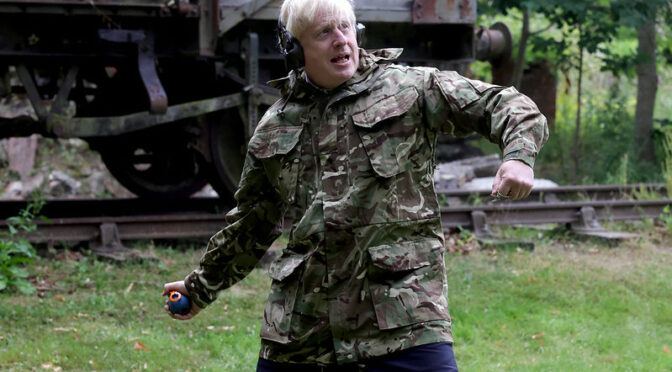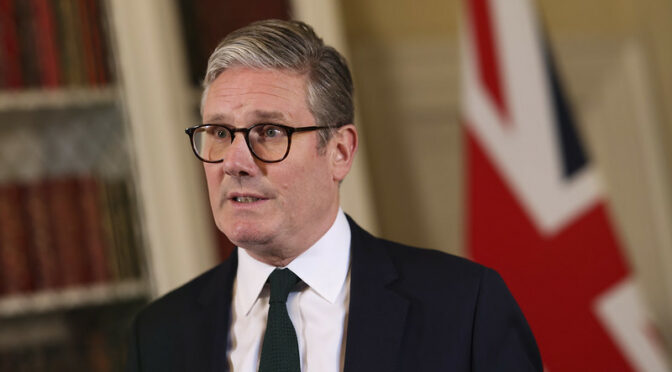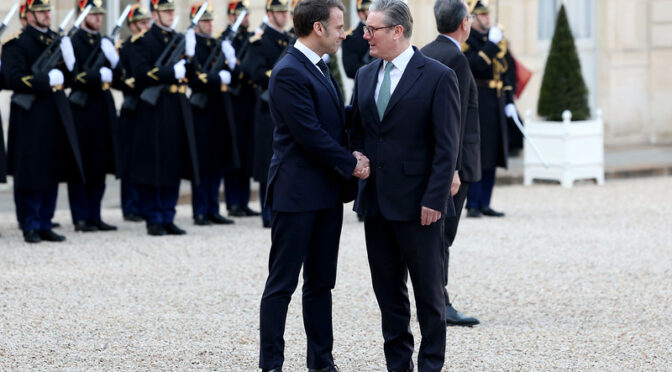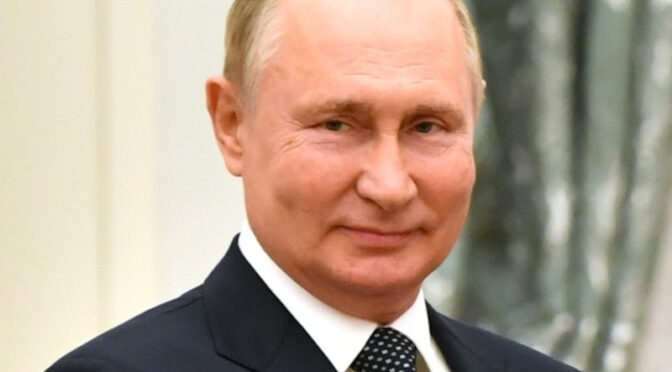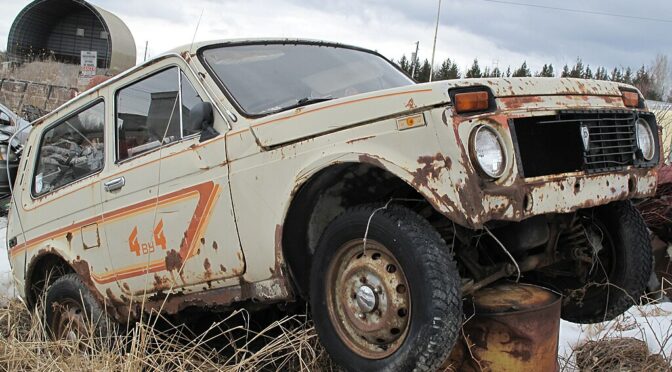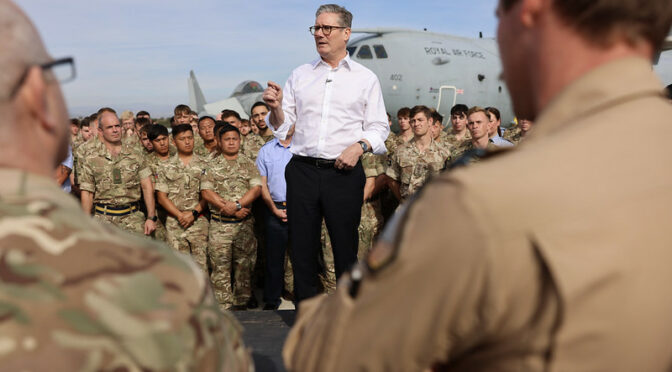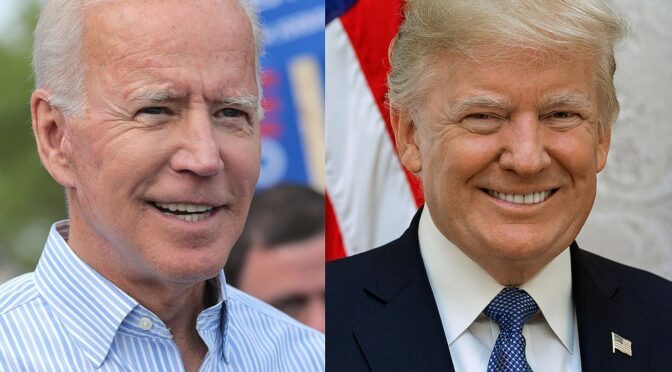Article published in The Daily Telegraph, 25 February 2025. © Richard Kemp
Boris Johnson says the UK defence budget should ‘get to 3 per cent [of GDP] by 2030. 2.5 per cent is not enough’. Hang on a minute. In 2022, when he was prime minister, he said 2.5 per cent was enough and he pledged an increase to that amount. And then two years later, with a flourish, Rishi Sunak unveiled exactly the same promise. So what became of Johnson’s earlier undertaking? Is it possible it was only words rather than the action he now demands?
At the time of Johnson’s alleged increase, Labour’s shadow defence secretary, John Healey, attacked his proposal, claiming the increase was required immediately, not in eight years’ time. He was absolutely right, the more dangerous world that Johnson said justified the increase had already engulfed us, not least with Putin’s invasion of Ukraine.
But, when appointed defence secretary, Healey’s plans were to get to 2.5 per cent at some undetermined time in the future. Only now, under growing pressure from President Trump, Labour has been forced to bite the bullet and up the budget to 2.5 per cent; still not ‘immediately’, but by 2027.
Even this rise, however, will barely cover the defence equipment black hole between existing commitments and budgetary allocation and will not enable significant additional capabilities.
Those increased capabilities are sorely needed. In the second half of last year we heard two shocking statements from the upper echelons of British defence. In October Healey admitted the armed forces are ‘not ready to fight’. And not long before that the Chief of the General Staff, Sir Roland Walker, said the Army must be ready to ‘fight a war in three years’. The problem with war is that it often comes along when you least expect it and maybe we won’t have those three years. The armed forces should of course be ready to fight and ready to fight immediately.
When it comes to defence our political leaders seem to be like rabbits in the headlights. Even as the war in Ukraine reminded the world how vital conventional defences continue to be, plans to cut our already minuscule Army by over 10,000 men continued apace. Continue reading

